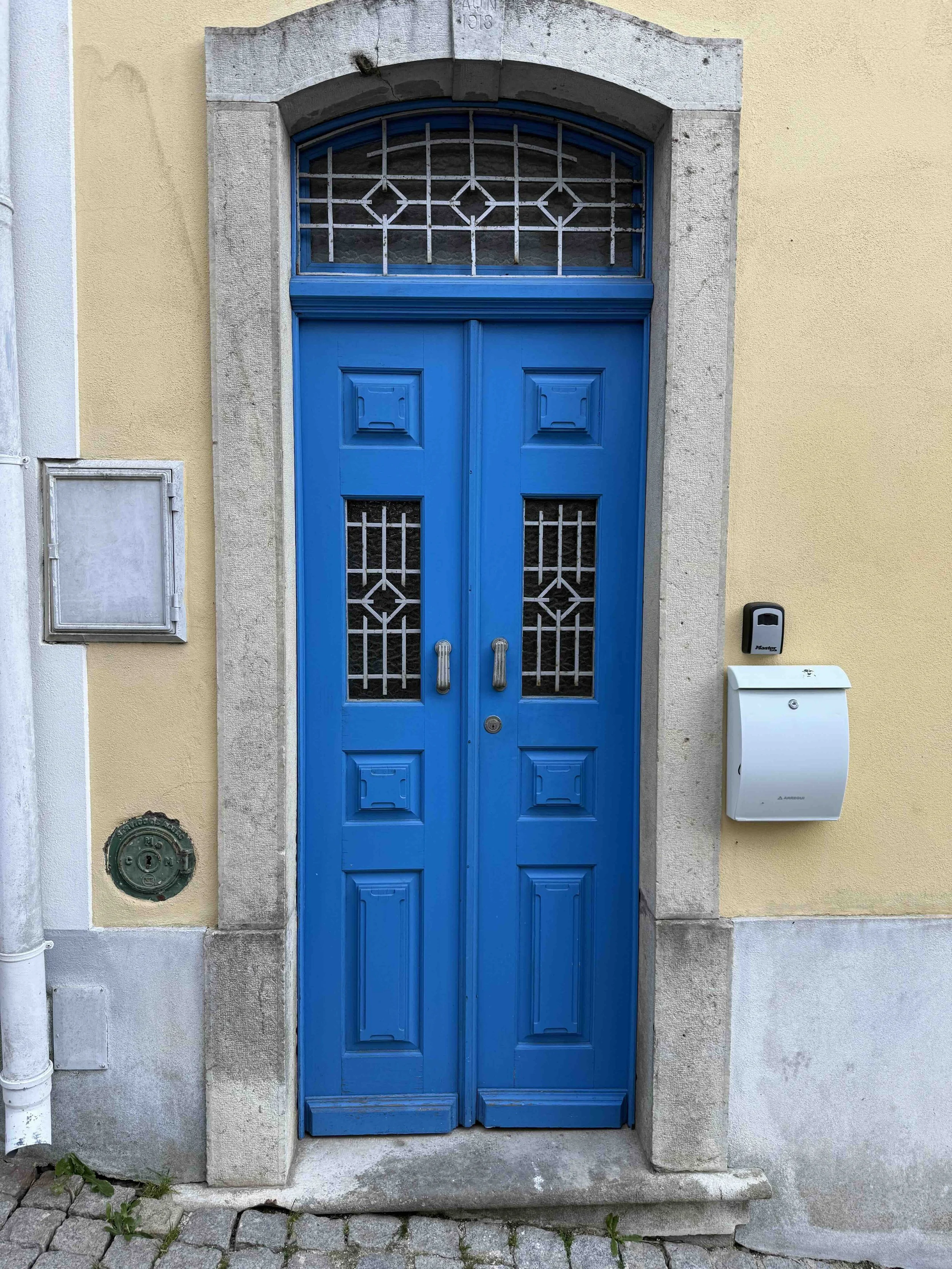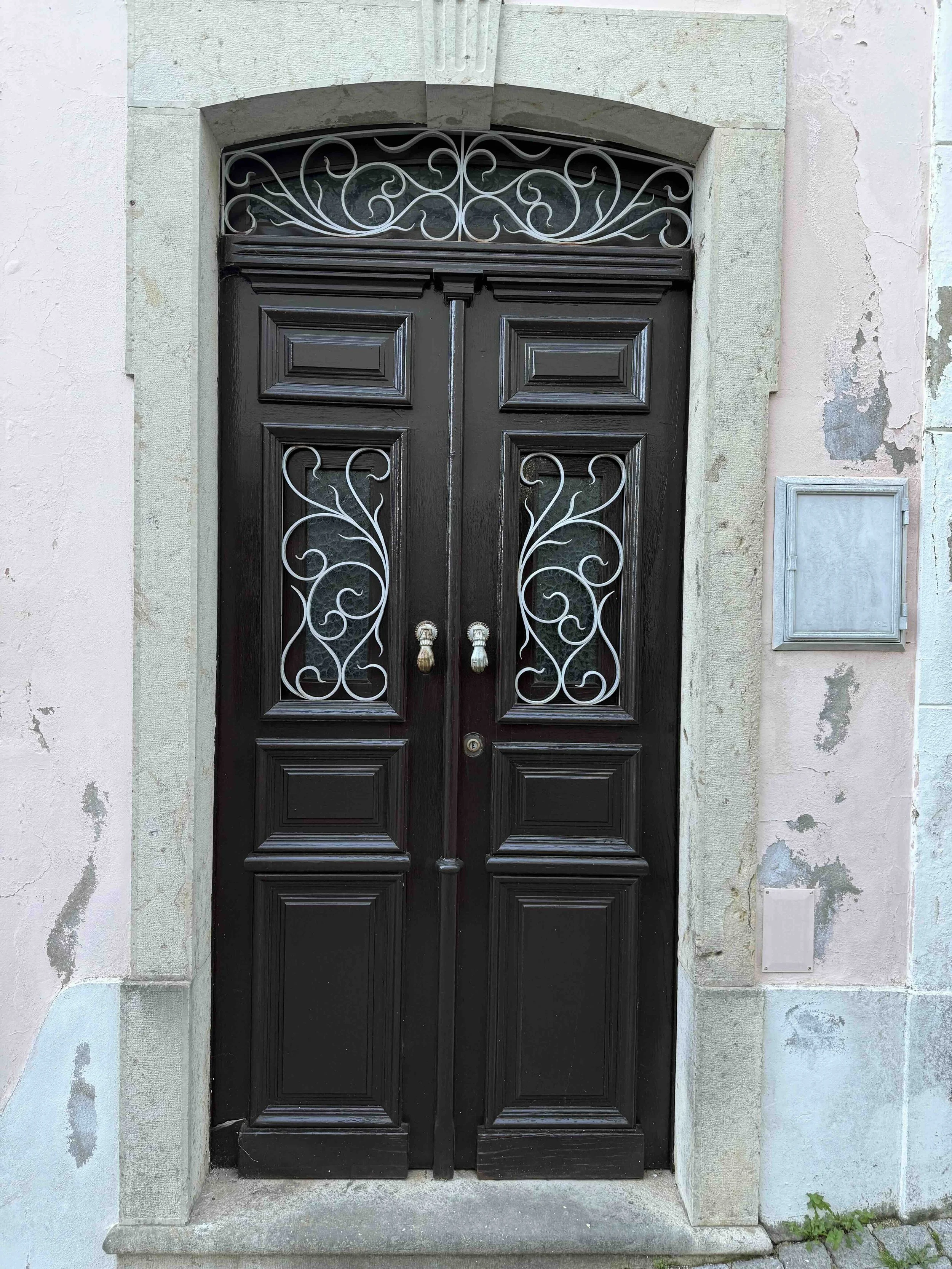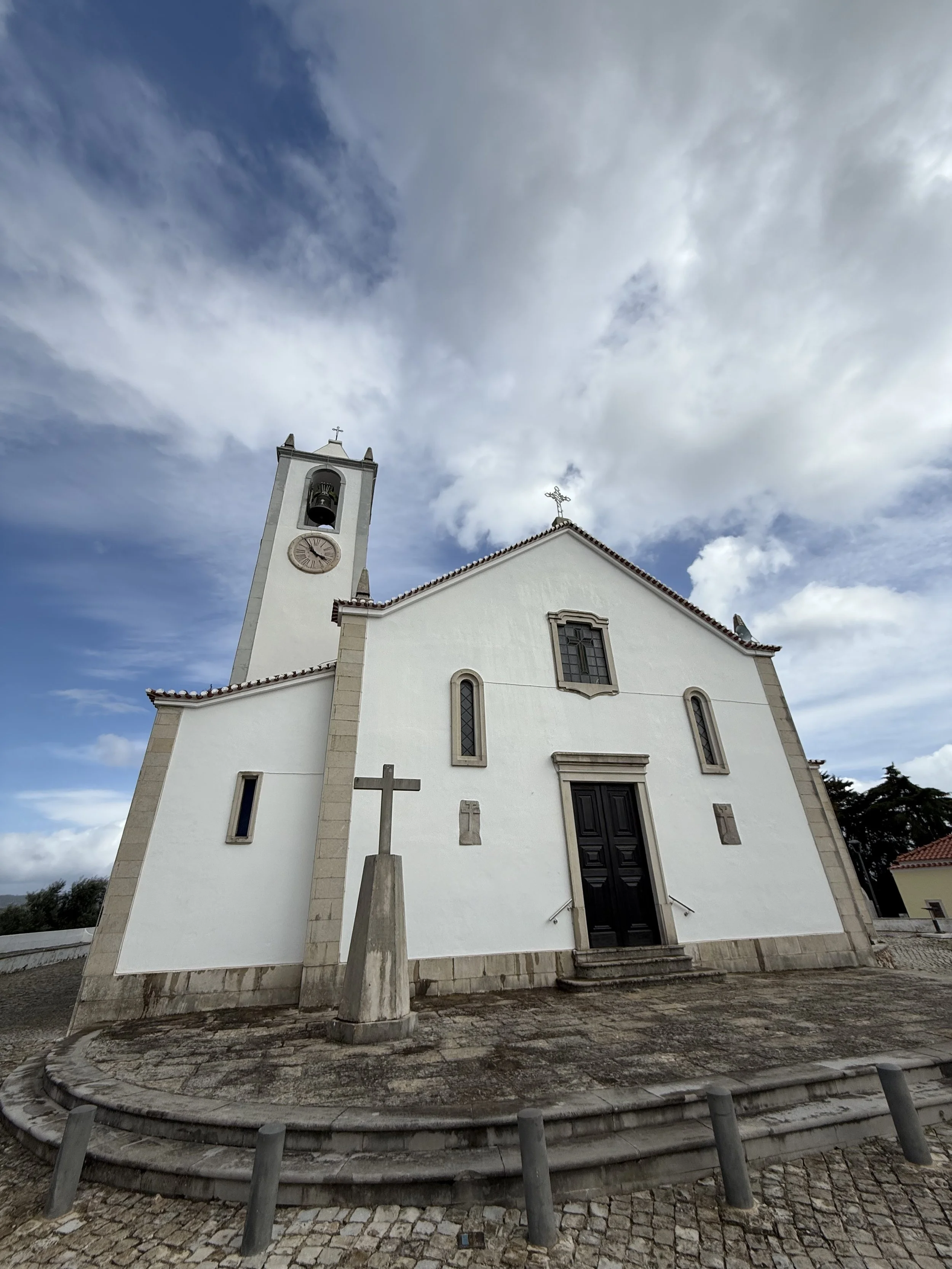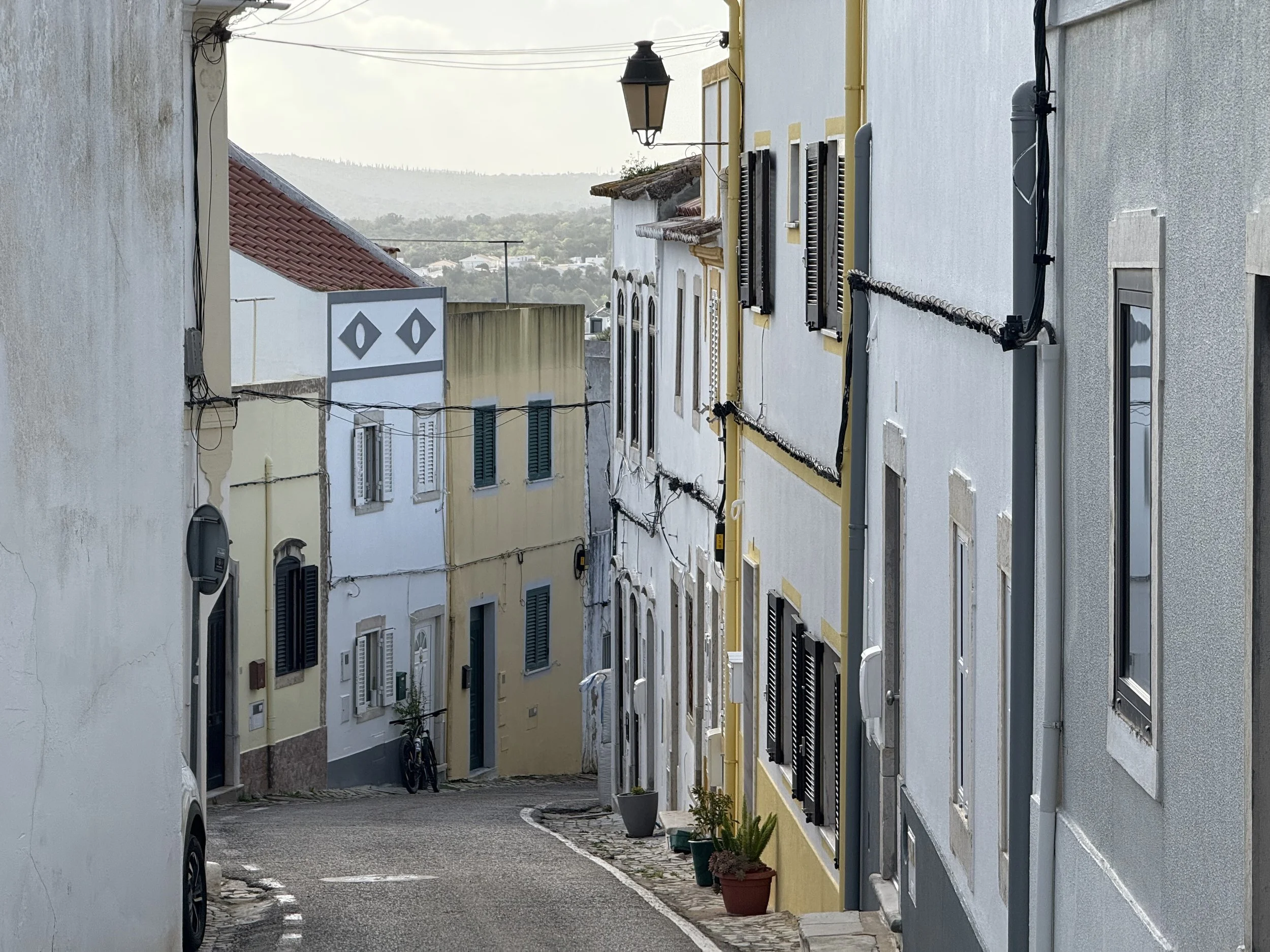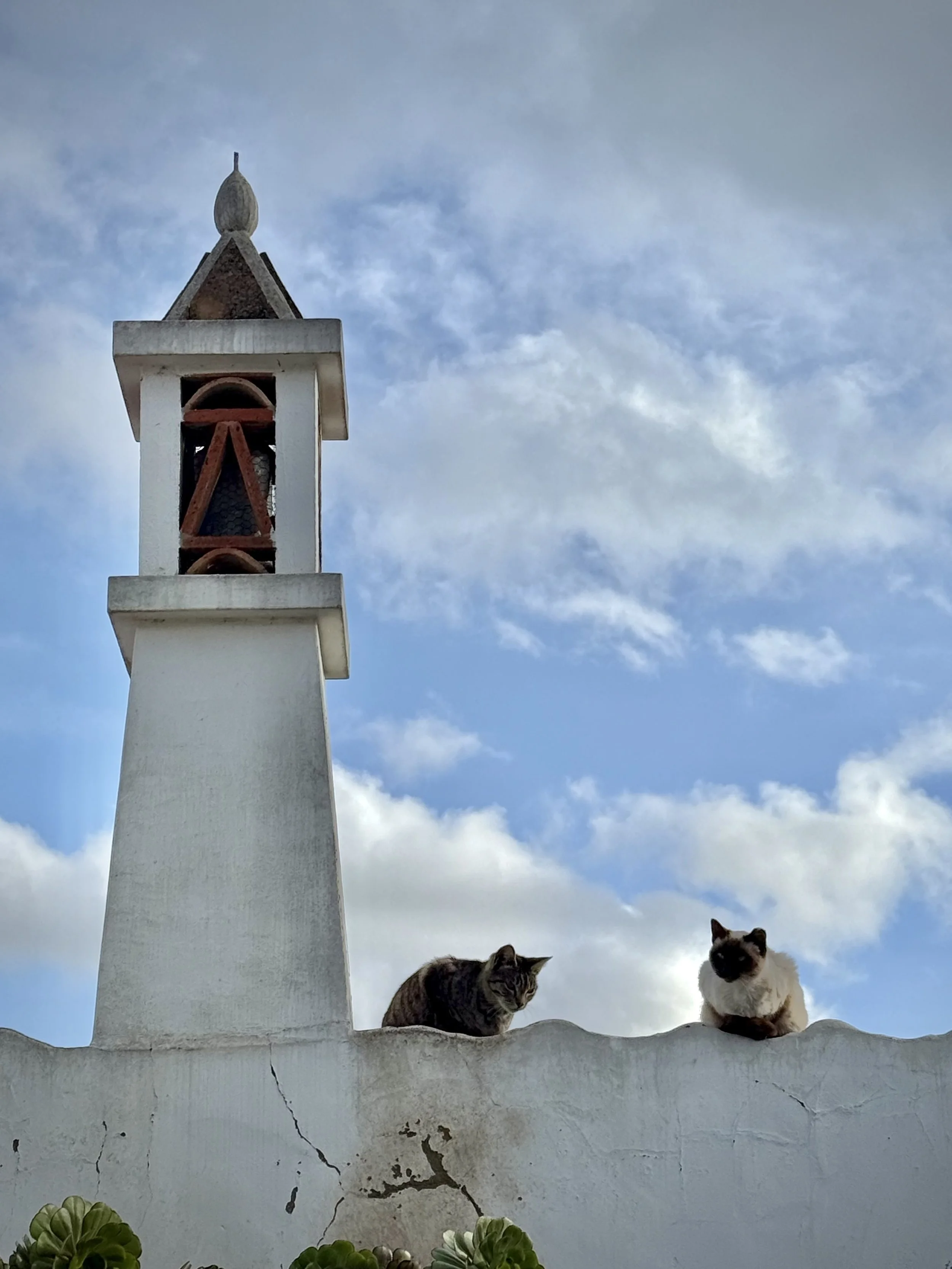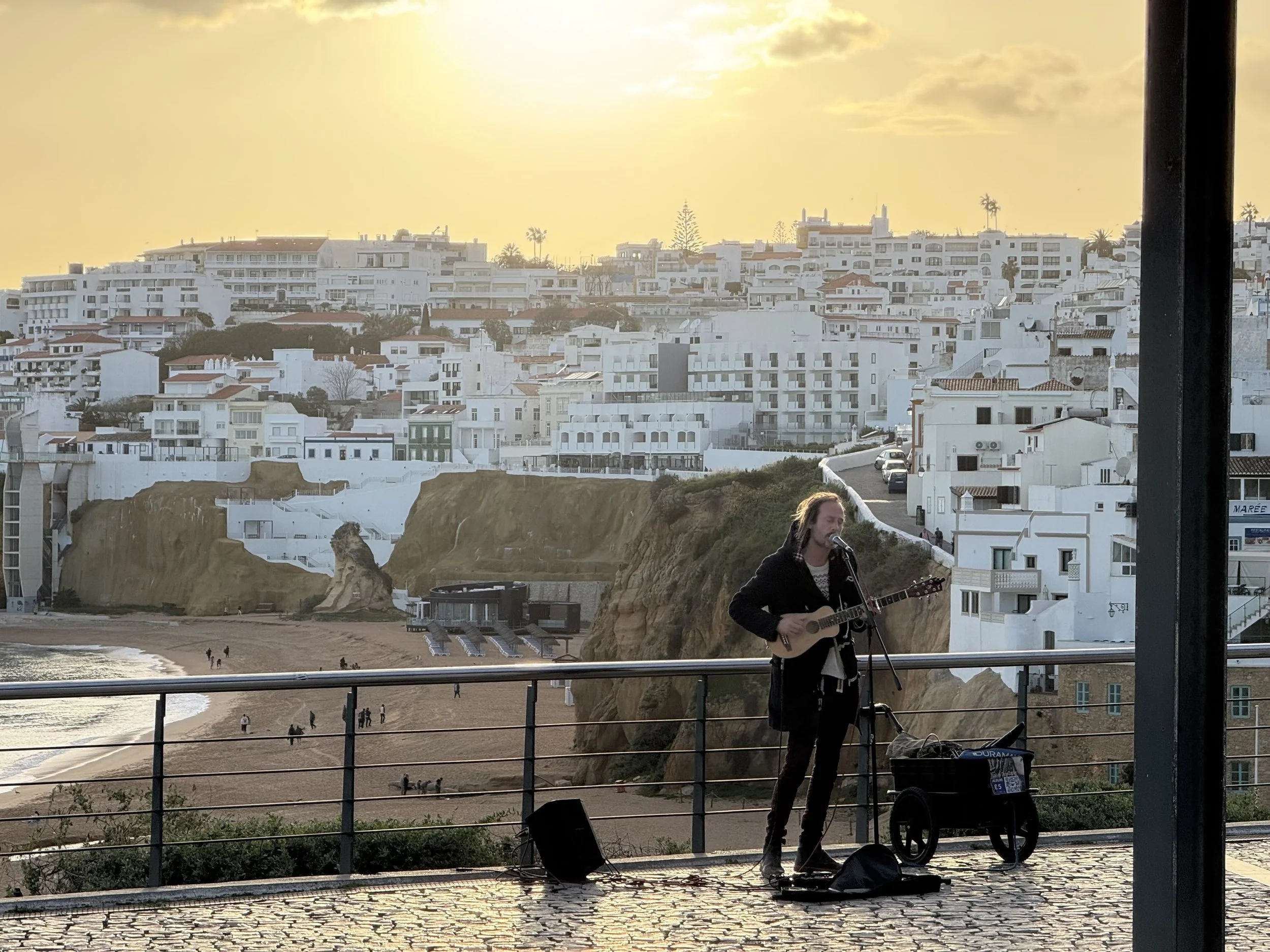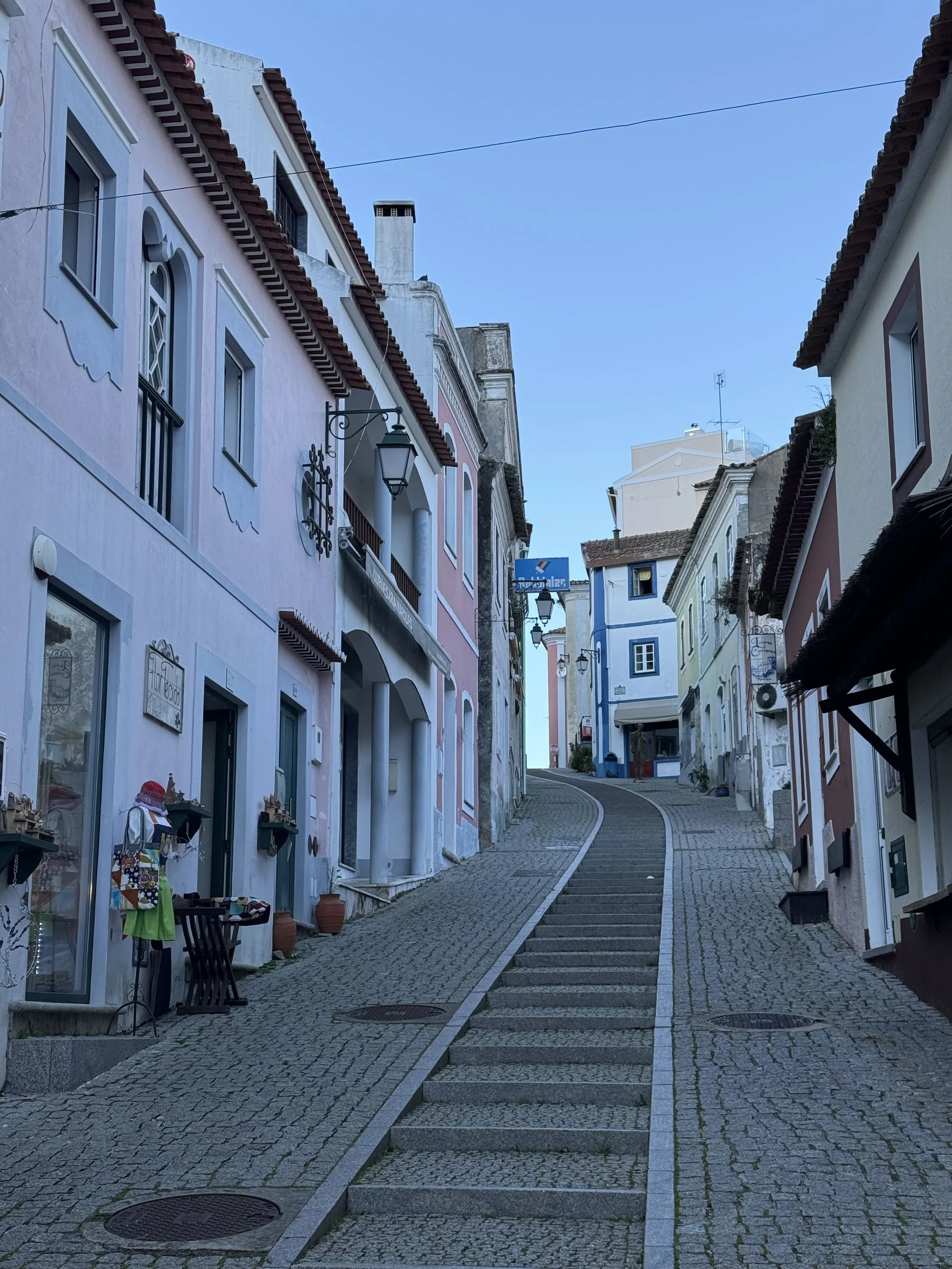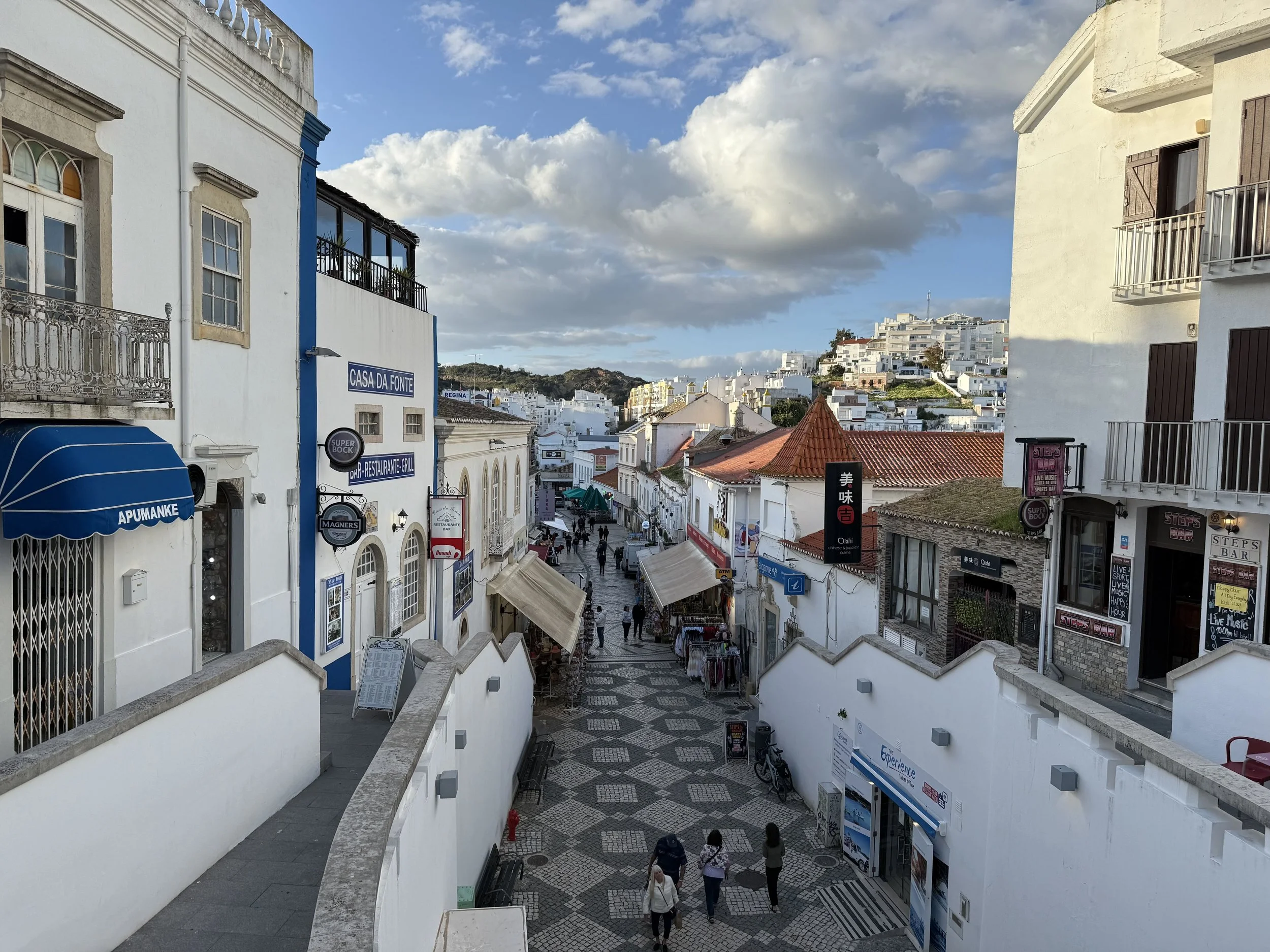Non-Fiction and Artificial Intelligence
Ironically, the word “art” spells the beginning of Artificial Intelligence—ironic because Artificial Intelligence could spell the end of art.
Without exploring the etymology of the words and their latin roots, it feels insulting to someone who works in the arts to make that association. And yet, here we are—inextricably bound to this new technology for the rest of our careers. Pandora does not go back into the box.
However, rather than bury the lede, I’ll say in no uncertain terms that I think the advent of AI will actually be good for non-fiction in the long run. Keep reading to find out why…
As we enter a new era of "content," where our Artificial colleagues threaten to saturate every platform and dominate our attention spans, its easy to see how quickly and irreparably it is changing the media production landscape. On the one hand, AI's generative engines make it cheap—often free—to render whatever you can imagine (and much that you can't) in audio/visual form. That will obviously displace millions of creative workers around the world who previously made a living designing and creating that content. It also means a complete proliferation of garbage content in every direction; a race to the bottom, the lowest common denominator of attention grabbing poppycock; stuff that is so grotesque or uncanny or provocative that we can't look away. Over time, that inundation will fry our brains like bacon and subdue our sense of taste into thoughtless, meaningless goo. It's already happening, and only going to get worse until the whole thing gets some amount of regulation—which is unlikely to happen until we get a new administration, and by then all bets are off.
But let's back up to the bigger conflicts that are facing media production—and I want to talk specifically about non-fiction—before we unpack the various futures we could potentially occupy with Artificial Intelligence.
The first conflict is good old fashioned economic uncertainty. The new tariffs and general chaos caused by a corrupt government and sociopathic billionaires sow doubt in the economy, and marketing budgets are the first to take a hit. Production is halted on anything new as the chaos trickles down. Couple these impacts with the devastating assault by our current government on institutions of art, learning, journalism, science—all the stuff that composes non-fiction—and quality non-fiction really has no friends in our current leadership.
The second conflict is the consolidation of platforms and the corporations that pay for and distribute much of the non-fiction content in the world. Putting all of the talent pool's creative "eggs" into fewer and fewer "baskets" leads to less innovation, less room for creativity, and more manipulative content that seeks to (surreptitiously) feed its audience with subversive messaging. This is how we end up with the same "true crime" and celebrity driven garbage that now dominates everything from Netflix to HBO, both of whom used to be stalwart champions of the most transgressive and exciting non-fiction material. This also consolidates most of the work opportunities at the top of the spectrum of influence, where creators have better resources, better connections, and bigger followings. Where does that leave the rest of us?
What will happen to the "grassroots" filmmakers like myself?
The third conflict, and the main one I am here to write about today, is Artificial Intelligence. The aforementioned displacement of workers, cheapening of content with low quality drivel, and most insidious of all, its' erosion of authenticity and authorship—the very things that define non-fiction, without which is becomes fiction at best, and propaganda at worst.
So... considering these three conflicts, here's the bleakest possible future I can imagine: narrative filmmaking is fucked as storytelling becomes so derivative and ill conceived that nothing good is produced and everyone forgets what "good" even looks like. Faith in the institutions of photojournalism and documentary films dries up and their audiences disappear forever. We never seen another living, breathing cheetah in natural history documentaries because AI can create exactly the shot you want in milliseconds; this leads to audiences around the world losing their connection to science and the natural world and thus ceasing to fight for a better, cleaner planet. Biodiversity suffers, the rainforest crosses a catastrophic tipping point, fires burn the American west and we all start getting our nutrition through intravenous tubes. Jobs in creative fields are no longer available, but AI has destroyed all opportunities in lower level positions, and education has been deemed a waste of time, so unemployment becomes the norm instead of the exception, and we all stand around a burning pile of MacBooks to warm our soft, brittle hands.
Pretty bleak. However, this is not the future I see for our relationship with AI, and what I consider to actually be a very bright future for non-fiction:
Instead of all the erosion and distraction, my faith in the human audience remains strong. Viewers will always hunger for and seek out authentic content—in fact they will want it even more than they ever have because of how egregious the alternative has become.
The audiences that I care about, and the kind of viewer that I am, doesn't want artifice. It doesn't want content for content's sake. And that divide between fake imagery generated by prompts and server farms versus authentic, tactile footage that was actually captured by another human being in the midst of breaking news, sporting events, in-the-moment stuff, will grow into the Grand Canyon. This will make non-fiction only more and more valuable, with more and more of a premium attached to it, as the world is inundated with cheap AI Bullshit, and those who know how to capture truth well become more scarce. All of this adds up to make the purveyors of truth and non-fiction some of the most vital members of our future society, and valued accordingly, as so much of humanity is lulled into a pacified, lazy consumption of meaningless algorithmic nonsense.
Authenticity will be the currency of the future. But we MUST support and elevate our institutional and mentor driven pathways to education so the work is done responsibly, vigilantly, and not slide into the kind of "journalism" that is currently killing the human attention span and critical thinking.
I know which kind of audience I want to be in.

